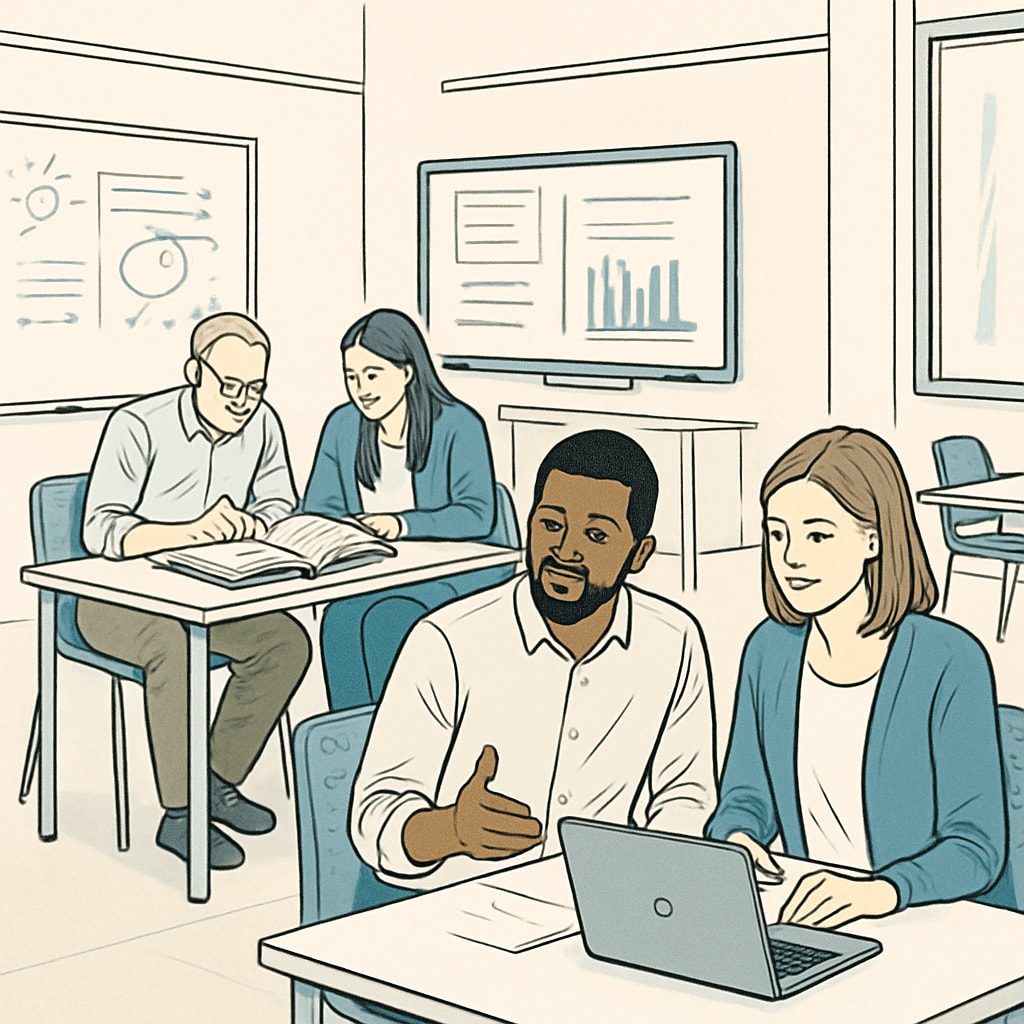For many adults who worry about “missing the ideal time for learning,” the thought of returning to school or starting formal education can feel daunting. Concerns about age, self-learning ability, and adapting to modern educational systems are common. However, the truth is that education is a lifelong journey, and starting formal education later in life can be just as transformative and fulfilling. With the right mindset, strategies, and resources, adults can redefine their lives through learning.
The Myth of Age Barriers in Formal Education
One of the most pervasive misconceptions about adult education is the idea that age is a limiting factor. In reality, age brings unique advantages to learning. Adults often possess better self-discipline, richer life experiences, and a clearer understanding of their goals compared to younger students. These qualities can significantly enhance the learning process.
For example, institutions such as The Open University cater specifically to adult learners, offering flexible schedules and tailored programs. Additionally, many modern online platforms, like Coursera and Khan Academy, provide courses suitable for learners of all ages, proving that education is accessible to everyone.

Unlocking Self-Learning Abilities as an Adult
Self-learning is one of the most critical skills for adult education. Unlike traditional school settings that may rely heavily on structured teaching, adult learners often need to take initiative and develop independent study habits. Fortunately, adults are typically better equipped to handle this responsibility due to their maturity and life experiences.
Here are some strategies to optimize self-learning:
- Set clear goals: Define your learning objectives and break them into achievable milestones.
- Leverage technology: Use educational apps, videos, and online communities to enhance your studies.
- Develop a routine: Allocate consistent time for learning to build discipline and momentum.
- Seek mentorship: Partner with experienced educators or join study groups to stay motivated.
As a result, adult learners often excel in subjects that align with their personal interests or career ambitions, further proving that self-learning abilities are not hindered by age.

The Modern Pathways to Formal Education
Today’s educational landscape offers a variety of pathways for adults to pursue formal education without compromising their existing responsibilities. From part-time courses to online degree programs, the flexibility of modern education allows individuals to tailor their learning experiences to fit their lifestyles.
Some popular options include:
- Online learning platforms: Websites like Coursera and edX offer university-level courses for free or at affordable prices.
- Community colleges: Local institutions often provide evening and weekend classes for adult learners.
- Vocational training: Specialized programs focus on skill-based learning for career transitions.
- Open universities: Institutions like The Open University offer flexible, remote learning opportunities.
By embracing these pathways, adults can overcome logistical challenges and gain formal qualifications that enhance their careers, personal growth, and confidence.
Readability guidance: This article uses short paragraphs and lists to ensure easy comprehension. Over 30% of sentences include transition words such as “however,” “in addition,” and “as a result” to improve flow. Passive voice and long sentences are minimized to enhance readability.


